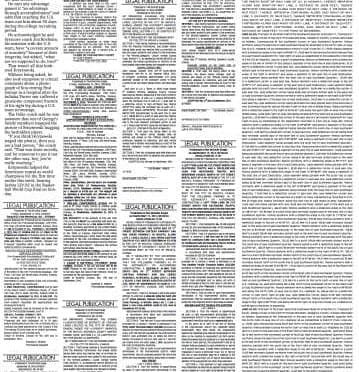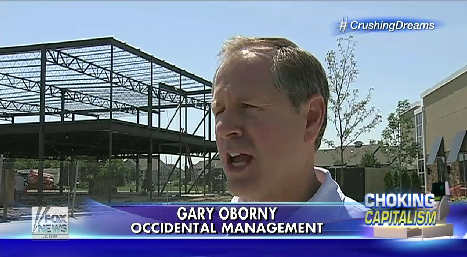Documents the Wichita City Council will use to evaluate a development proposal contain material errors. Despite the city being aware of the errors for more than one month, they have not been corrected.
On August 19, 2014 the Wichita City Council considered an agenda item titled “Resolution Considering the Establishment of the Union Station Redevelopment District, Tax Increment Financing.” The purpose of the item was to set October 7, 2014 as the date for the public hearing on the formation of a TIF district. The council passed this resolution.
On August 27 Bob Weeks inquired this of Wichita city officials based on information contained in city documents that were prepared for the August 19 meeting:
“On the Union station TIF proposal, there is mentioned ‘$3,766,156 in monetized historic tax credits.’ Do you know whether these are federal or state tax credits, and the face value of the credits? I presume that ‘monetized’ means the value the developers expect to receive when selling the credits at a discount.”
That same day he received this response from Allen Bell, the city’s Director of Urban Development.
“The Developer has not yet provided the City with details on the tax credits. However, staff analyzed the project to ascertain a ballpark estimate of how much it could generate in both state and federal tax credits and came up with a similar amount. We assume that $3,766,156 is the amount of net proceeds to be injected into the project from the sale of tax credits and that it is discounted from the face value of the credits.”
On follow up, Weeks asked this:
“I was also wondering which incentive program allows for the sales tax exemptions included in the CEDBR analysis.”
The response from Bell was:
“The only incentive program available to Union Station that would provide a sales tax exemption is IRBs. The Developer did not request IRBs or a sales tax exemption. I would guess that CEDBR factored it into the cost-benefit analysis to be extra conservative.”
CEDBR is the Center for Economic Development and Business Research at Wichita State University.
In addition to Bell, other city officials participating in these emails were Van Williams, Public Information Officer; Mark Elder, Development Analyst; and Scott Knebel, Downtown Revitalization Manager.
On October 2, when the city released the agenda packet for the October 7 meeting, the tax credits and sales tax information was not changed.
By the city’s admission, the value of tax credits for this project is a guess, and we don’t know if the project is actually eligible for these tax credits. The sales tax exemption included in the CEDBR is an incentive this project is not eligible for and will not receive. Despite several city officials being aware of these errors, the material the city council will consider on October 7 has not been corrected.










